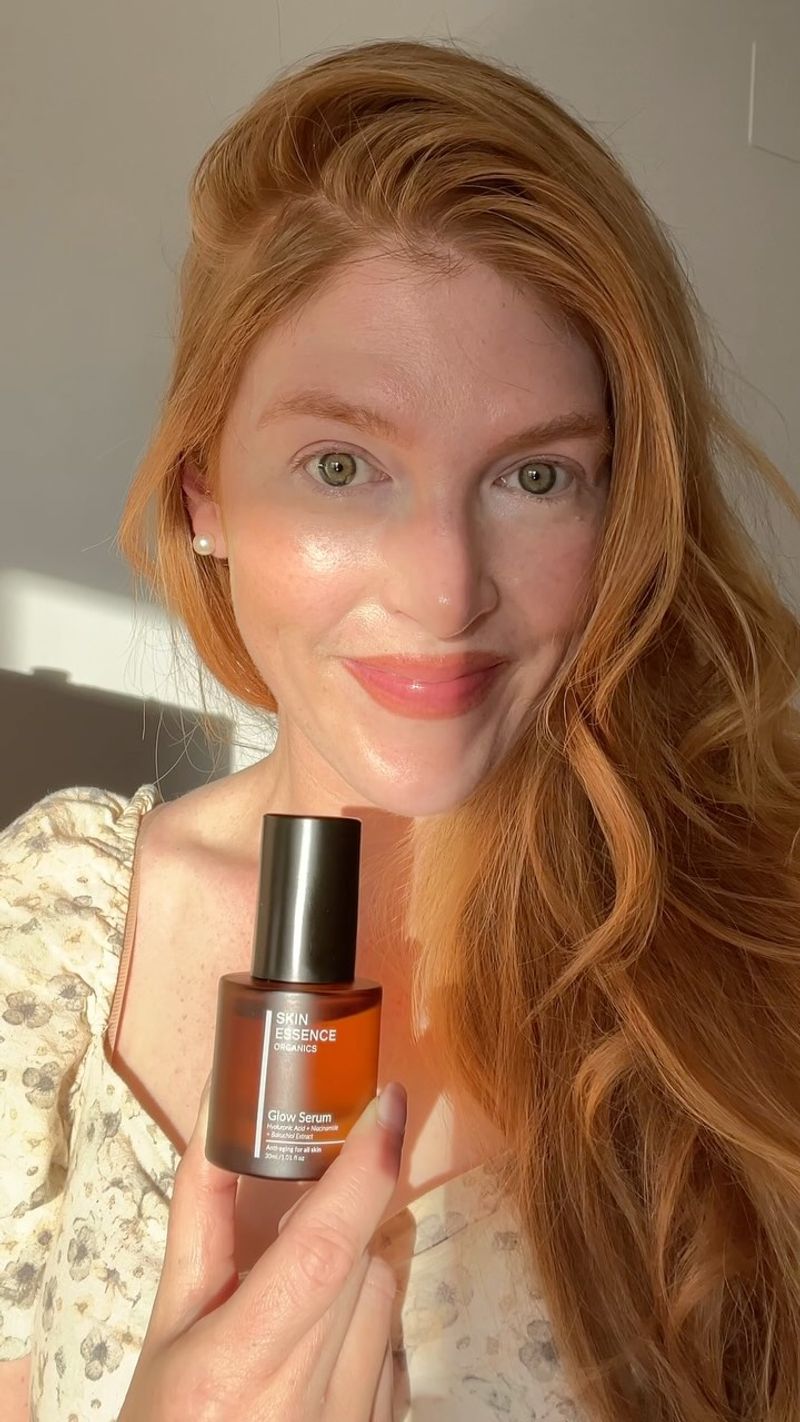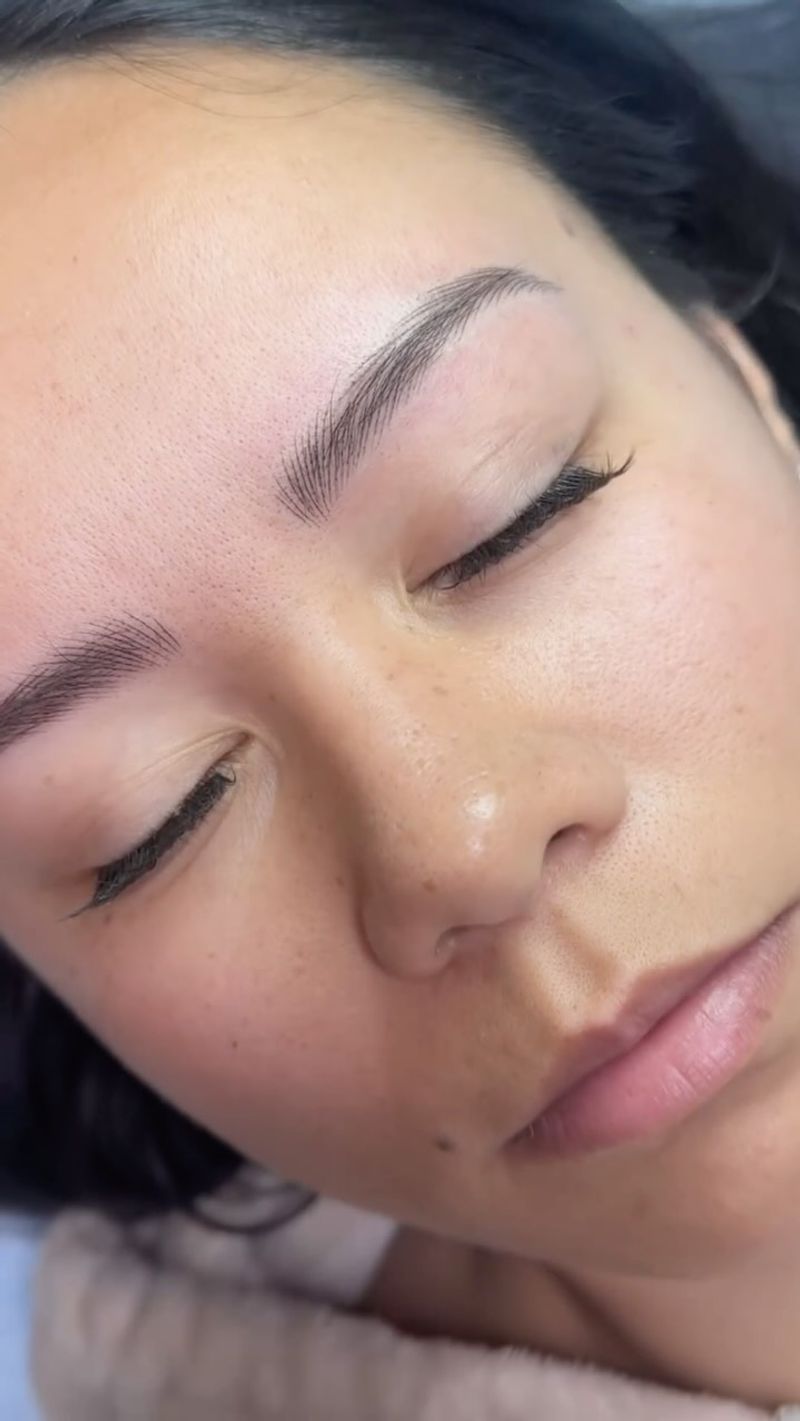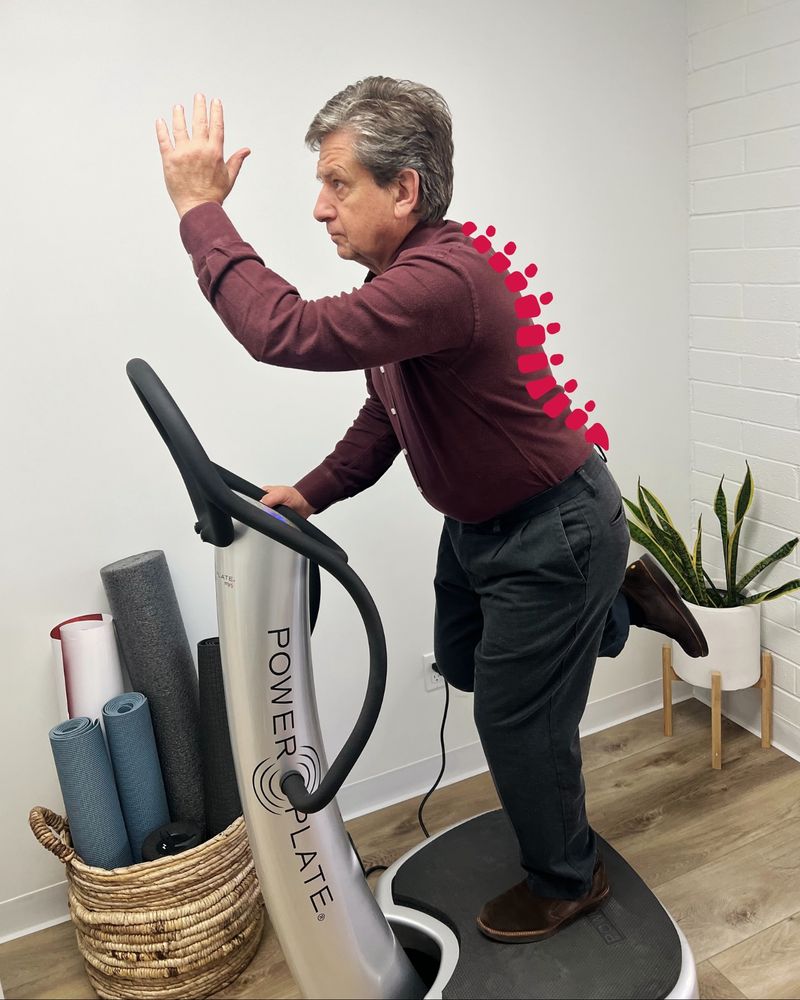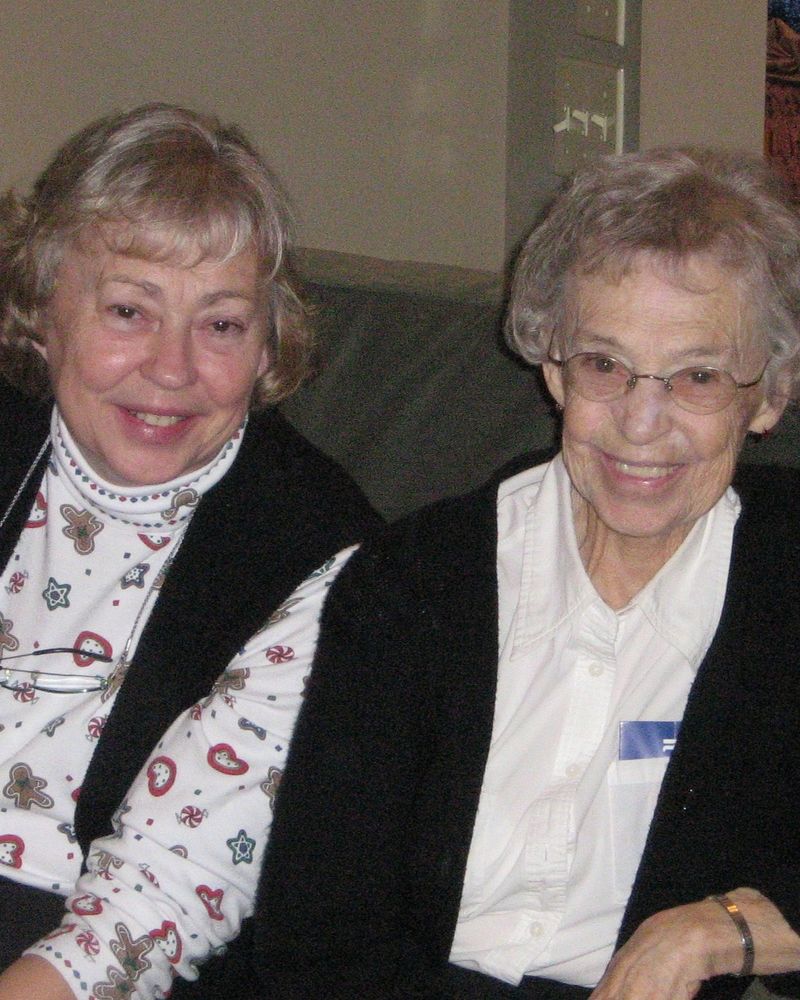10 Signs You’ll Age Well
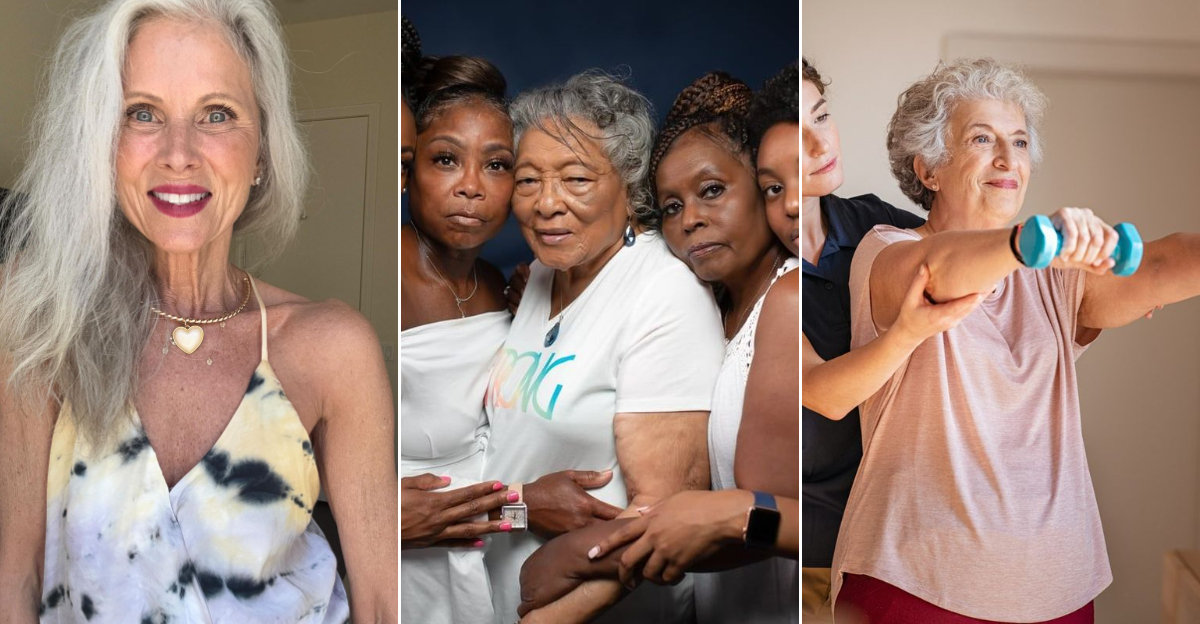
Ever wonder why some people seem to defy aging while others show its effects earlier?
Genetics plays a role, but many factors within our control actually determine how well we age. I’ve spent years researching what separates those who age gracefully from those who don’t.
The good news? Your daily habits and characteristics right now might already be setting you up for a vibrant future.
1. Glowing Skin That Bounces Back
My grandmother had the most remarkable skin into her 90s. She never smoked, always wore sunscreen, and had this natural elasticity that amazed everyone. People with resilient skin typically show fewer wrinkles and recover faster from environmental damage. The secret lies in collagen production and cell turnover.
If your skin springs back quickly when pinched or rarely shows irritation after exposure to new products, you’re likely blessed with strong skin barrier function. Hydration habits matter too. Those who consistently drink enough water throughout life maintain better skin moisture and fewer deep wrinkles as they age. Your skin is essentially keeping receipts of how you’ve treated it since childhood!
2. Family Members Who Aged Slowly
I remember studying old photos of my relatives and noticing how some barely seemed to change over decades. Genetic lottery winners often have parents and grandparents who maintained youthful appearances well into their senior years. Research shows longevity runs in families.
If your older relatives maintained sharp minds, good mobility, and few age-related diseases into their 80s and beyond, you’ve likely inherited some of those protective genetic factors.
Pay attention to patterns across multiple family members. Having several long-lived relatives on either side of your family suggests you’ve inherited biological advantages for aging well. While genetics isn’t everything, this biological head start gives your healthy habits even more power.
3. Thick, Full Eyebrows
Growing up, I never appreciated my bushy eyebrows until a dermatologist pointed out their significance. Full, dense eyebrows often indicate higher estrogen levels and better hormone balance – factors linked to slower aging processes throughout the body. As we age, eyebrows naturally thin. Starting with fuller brows means you’ll maintain a more youthful appearance longer.
This isn’t just about aesthetics – eyebrow density correlates with overall hair health and hormone function. Beyond biology, expressive eyebrows contribute to facial communication and emotional expression. Maintaining strong brow architecture helps preserve your face’s natural expressiveness as you age. Those who start with naturally thick eyebrows often maintain better facial definition decades longer.
4. You Rarely Get Sick
My neighbor turns 75 next month and proudly boasts he hasn’t had a cold in three years. A robust immune system in your younger years often predicts better aging outcomes later. People who rarely catch whatever bug is going around typically have immune systems that remain vigilant against both infections and age-related cellular damage. Quick recovery matters too.
If you bounce back rapidly from illness without lingering effects, your body demonstrates excellent repair capabilities. This same cellular resilience helps combat aging processes throughout life. Researchers have found connections between immune function and nearly every aspect of aging, from brain health to muscle maintenance.
Your body’s natural defense system doesn’t just fight germs – it’s constantly repairing the microscopic damage that accumulates with age.
5. You Handle Stress Like Water Off a Duck’s Back
I’ve always admired people who remain calm during chaos. Stress resilience might be the most underrated predictor of aging well. Those rare individuals who naturally maintain perspective during difficult situations experience fewer of the hormonal cascades that accelerate cellular aging. Cortisol, our primary stress hormone, damages tissues throughout the body when chronically elevated.
If you recover quickly after stressful events rather than ruminating for days, you’re protecting your telomeres – those protective caps on chromosomes that shorten with age and stress. Mental flexibility plays a crucial role too. People who adapt their thinking when faced with challenges rather than rigidly resisting change maintain better cognitive function and emotional wellbeing as they age.
Your ability to roll with life’s punches now pays compound interest later.
6. You’ve Always Been a Sound Sleeper
Sleep quality might be the most powerful anti-aging medicine we’ve overlooked. My grandfather slept eight solid hours every night until his passing at 97, and researchers now confirm the connection wasn’t coincidental. During deep sleep, your brain clears damaging proteins that accumulate during waking hours. Consistent, high-quality sleep throughout adulthood protects cognitive function and emotional regulation.
If you naturally fall asleep easily and wake refreshed, you’re giving your body prime conditions for cellular repair. Sleep architecture matters tremendously. Those who regularly achieve adequate deep sleep and REM cycles maintain better hormone balance, immune function, and metabolic health with each passing decade. Your nighttime habits create the foundation for how gracefully your body handles the passing years.
7. You Stand Tall Without Thinking About It
Natural posture reveals more about aging potential than most realize. I’ve watched my yoga instructor, now in her 70s, move with the same effortless alignment she had decades ago. Good posture indicates strong core muscles and healthy spinal alignment – crucial factors in mobility as we age. Beyond physical benefits, upright posture affects hormone production and confidence.
Those who naturally stand tall typically maintain better balance, reducing fall risk in later years. Your body’s alignment provides a structural foundation that either supports or hinders healthy aging. Movement patterns matter too. People who naturally distribute weight evenly when standing and maintain fluid movement patterns experience less joint deterioration over time.
The way you carry yourself today creates patterns that your body will follow for decades to come.
8. Your Plate Is Naturally Colorful
Food preferences established early often persist throughout life. My aunt instinctively fills her plate with vibrant vegetables and has maintained remarkable health into her 80s. People who naturally gravitate toward varied, colorful foods without forcing themselves typically consume more antioxidants and anti-inflammatory compounds. Eating habits reflect your relationship with nourishment.
Those who view food primarily as fuel for wellbeing rather than purely for comfort tend to make choices that support cellular health and longevity. If you genuinely enjoy foods close to their natural state, you’re providing your body optimal materials for repair and renewal. Consistency matters more than perfection.
People who maintain mostly healthy eating patterns with occasional indulgences show better metabolic flexibility and fewer age-related diseases than those who swing between extremes. Your daily food choices compound over decades.
9. You’re Naturally Curious About Everything
Mental engagement keeps brains young. My father-in-law started learning Spanish at 70 and now reads novels in his new language at 85. People who maintain genuine curiosity throughout life build cognitive reserves that protect against age-related decline. Lifelong learners develop more neural connections and alternative pathways in the brain.
This cognitive flexibility helps maintain function even if some areas experience age-related changes.
If you naturally seek new information and experiences without external pressure, you’re continuously renewing your brain’s architecture. Curiosity often correlates with openness to experience – a personality trait linked to longer, healthier lives. Those who embrace novelty typically maintain stronger social connections and find more meaning in daily activities as they age.
Your intellectual engagement today builds cognitive resilience for tomorrow.
10. Your Smile Comes Easily and Often
Genuine smilers age differently.
I’ve noticed how my perpetually cheerful friend seems to defy time compared to her more serious counterparts. Frequent authentic smiling indicates positive emotional processing – a powerful predictor of aging well. The emotional resilience behind natural smiling affects everything from immune function to cardiovascular health. People who find genuine joy in small moments typically maintain lower inflammation levels and better stress recovery.
If laughter comes easily to you, your nervous system likely maintains healthier regulation patterns. Facial expressions leave their mark over time. Those who primarily use smiling muscles rather than frowning ones develop different patterns of facial lines. Beyond appearances, your emotional baseline influences countless biological processes that either accelerate or slow the aging process throughout your body.

